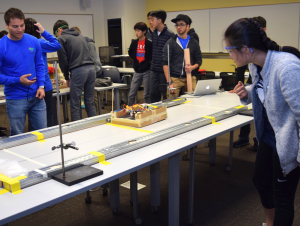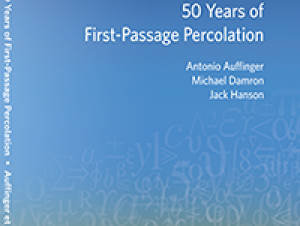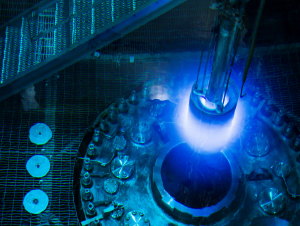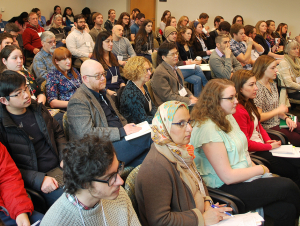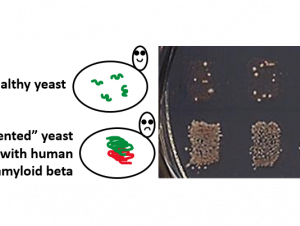To request a media interview, please reach out to experts using the faculty directories for each of our six schools, or contact Jess Hunt-Ralston, College of Sciences communications director. A list of faculty experts is also available to journalists upon request.
Latest News
CEISMC hosted a Division C regional tournament for the Science Olympiad, a nationally recognized competition for enhancing science education and interest. The regional tournament took place at Georgia Tech in the G. Wayne Clough Undergraduate Learning Commons.
First-passage percolation (FPP) is a simplified model to describe growth in a random medium. The field has grown rapidly in the past 10 years, but the last comprehensive survey of the field took place in the 1980’s. This book summarizes the state of the art for graduate students and researchers planning to work on this topic.
The next time you are outside on a cloudless night, look up at the stars. If they look brighter or seem clearer during these winter nights, it’s not your imagination. Winter is actually better than summer when it comes to sky gazing.
A pioneering glimpse inside elusive cell membranes illuminates a player in cell health but also in hepatitis C and in Alzheimer's. With the most powerful research neutron beams in the country, researchers open a portal into the hidden world of intramembrane proteins, which a third of the human genome is required to create.
Annual two-day event showcases thought leaders in microbiology research from Georgia Tech and beyond
Abnormal proteins called amyloids are strongly implicated in Alzheimer's disease and other deadly diseases. Researchers have not been able to explain how harmless, normal protein sequences go awry and assume the deadly amyloid shape. To study the initial amyloid nucleation, Georgia Tech researchers and their collaborators turned to yeast as a model to study the human amyloids. The researchers successfully applied the method to several proteins, allowing for deeper understanding of abnormal protein aggregation.

